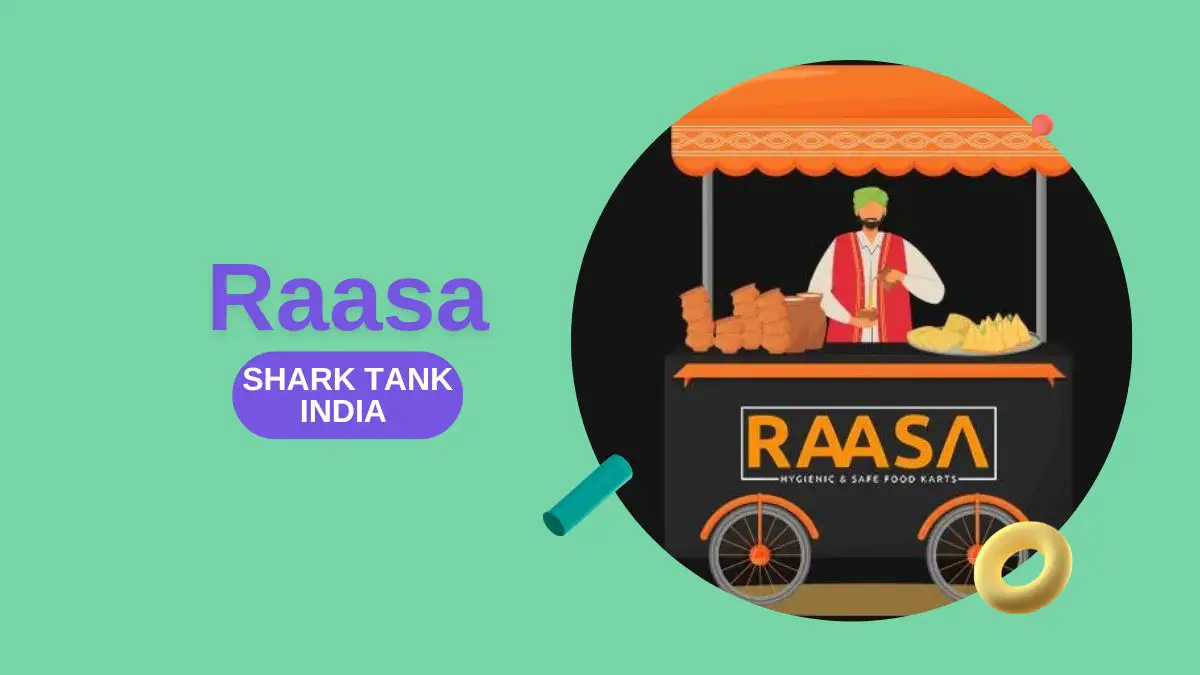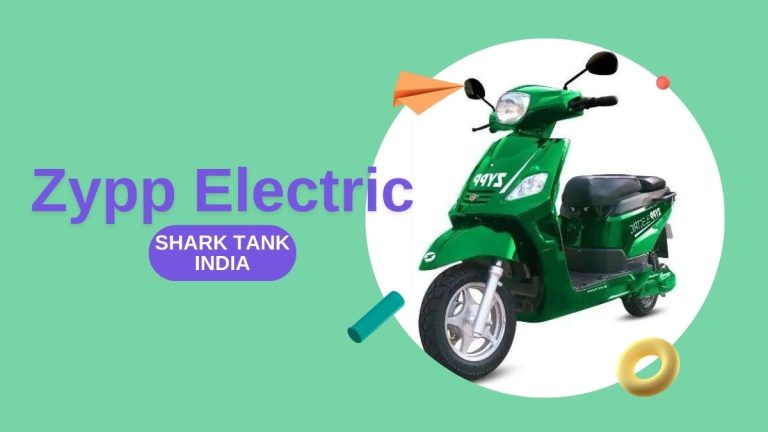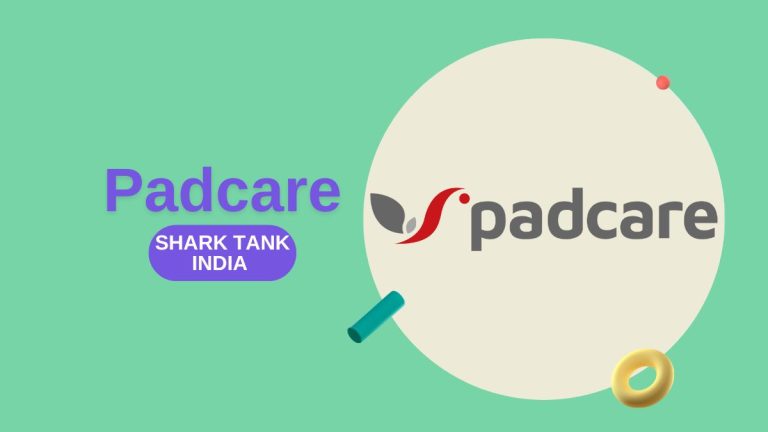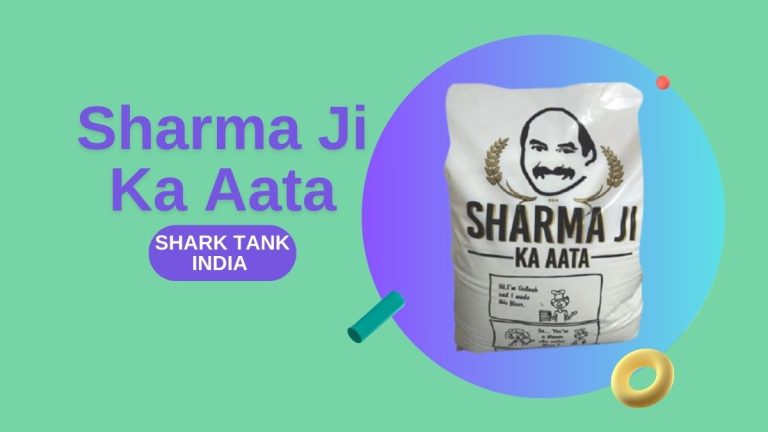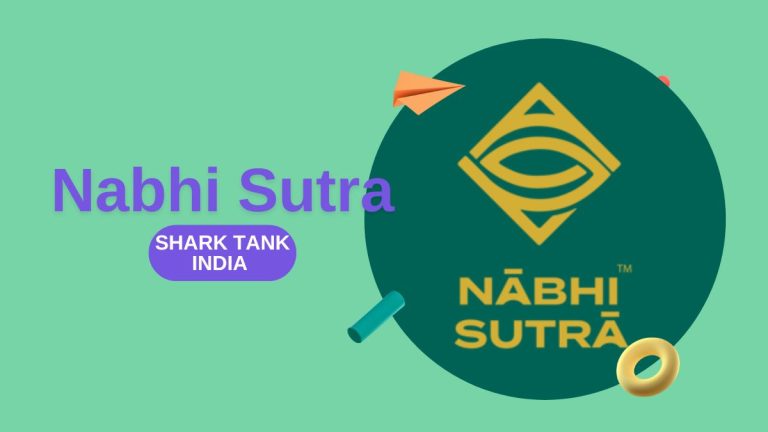What Happened to Raasa After Shark Tank India?
Who is the Founder of Raasa?
Manik Sehgal is the founder of Raasa. He’s from Delhi. He completed his MBA and worked in advertising for the last 15 years. He has another co-founder. They both have 45% equity in the business. The rest 10% is allocated to all the street vendors associated with the business.
If the startup ever goes public, then these 10% will help those street vendors.
What is Raasa?
Raasa works primarily with street vendors. They face a lot of problems while conducting their business. Raasa tries to step in to solve their business problems.
Manik Sehgal talked to the street vendor owners and identified 5 major problems.
- These street vendors don’t have any brand names. Raasa gives them a brand name and also a unique identification number like Raasa Kart 1, and Raasa Kart 2, so that they don’t feel like outsiders in the business community and proudly say their brand name.
- These street vendors don’t have any FSSAI license to operate their business smoothly. Raasa helps them to get that FSSAI license.
- These street vendors don’t have any idea how to get started with online delivery applications like Zomato & Swiggy. That’s why they are missing out on a big market out there. Raasa helps them with this problem. Raasa takes care of all the backend tasks like capturing photos of the food, uploading them to Zomato & Swiggy, Upgrading the menu of the business, etc.
- These street vendors spend a lot of time purchasing daily groceries for their food business. Raasa now provides them with fresh groceries at reasonable prices so that they can spend that time on their offline business and grow more.
- These street vendors don’t have proper training. Raasa provides them with training under more experienced chefs and teaches them more business fundamental things.
There’s a big market for these street vendors and this is growing every day. 90% of these street vendors are earning anywhere from ₹25,000 to ₹75,000 per month.
How much money did he ask for Raasa?
Manik came to Shark Tank India seeking ₹50 Lakhs for 5% equity in the business. Which gives the company a valuation of ₹10 Crores.
How Does Raasa Make Money?
Suppose they sell “X” dish for ₹50. Now when they tie up with Raasa, they can sell the same dish for ₹100. Zomato and Swiggy will keep their 30%. Raasa will keep its 20%. The remaining 50% will go to the street vendors. Though they are earning the exact same amount. Their sales are increasing.
Anupam Mittal brought up an important topic. What Raasa is doing, it’s giving street vendors a name. All the street vendors now have Raasa’s logo on it. But these street vendors are actually operating on lands that are not meant for doing food business in the first place. That’s why, in the future, the brand Raasa can face a lot of trouble from the government side.
Raasa now has 20 street vendors under its wing. Monthly GMV is ₹40,000.
Which shark gave Raasa an offer?
Namita Thapar was out because it was too early in the business to invest.
Peyush Bansal was out but he was impressed with the entrepreneur. He wished him all the best.
Aman Gupta was out because he thought it was too early to invest in the business.
Amit Jain was out because he thought the business was in regulatory compliance risk.
Anupam Mittal was interested in the business because it ticked a couple of checklists.
Speaking of checklist, Anupam Mittal has a T model before he invests in any business.
- T – Total Addressable Market – Checked
- T – Timing – Checked
- T – Traction – Unchecked
- T – Tax & Regulation – Unchecked
- T – Take Rate – Checked

| Company Name | Raasa |
| Founder | Manik Sehgal |
| Asked Amount | ₹50 Lakhs for 5% |
| Final Deal | ₹50 Lakhs for 25% |
| Shark | Anupam Mittal |
| Company Net Worth | ₹2 Crores |
| Company Website | raasakarts.com |
| Company Status | In Business |
What deal did Raasa get in Shark Tank India?
Anupam Mittal gave an offer. He offered ₹50 Lakhs for 25%. Which gives the company a valuation of ₹2 Crores. Under the condition that he needs to take a co-founder on board.
Manik Sehgal agreed and the deal was on.
